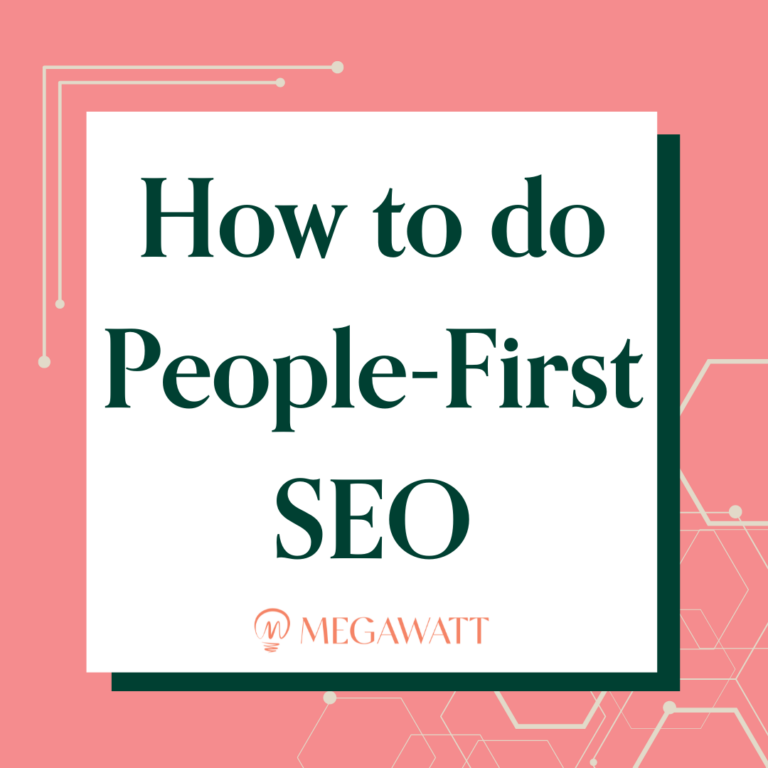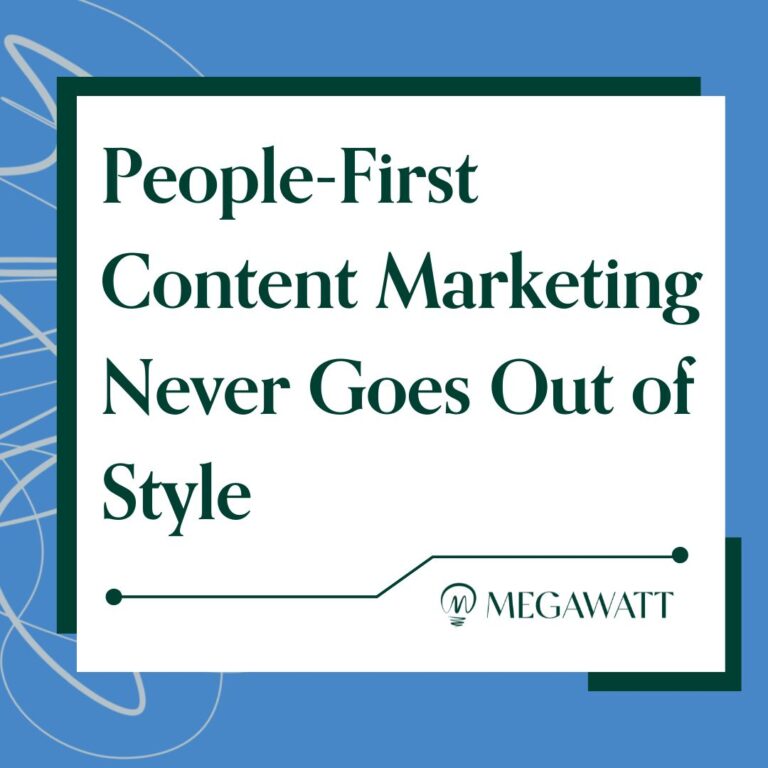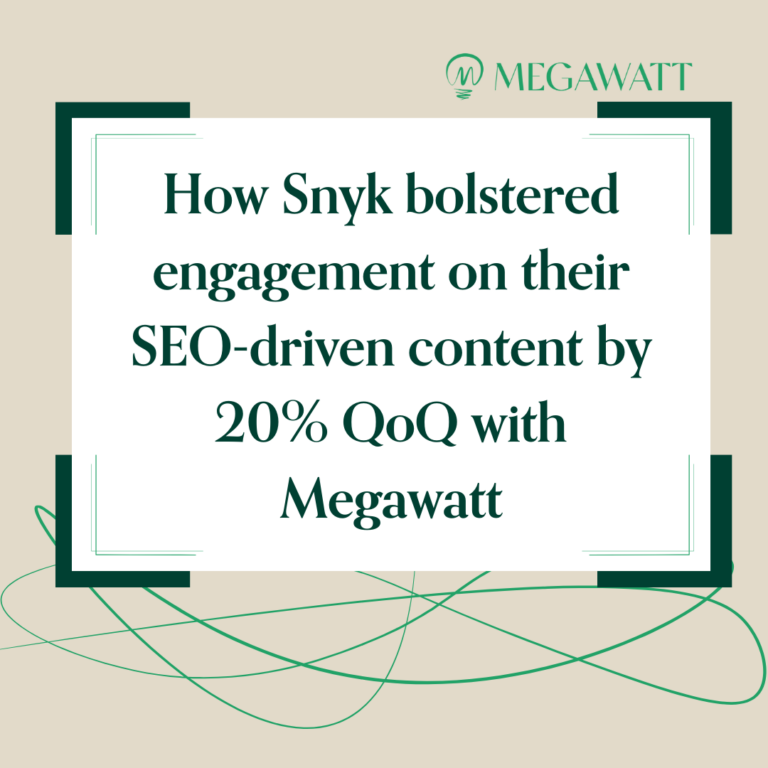The world of B2B technology is constantly evolving — and so are the content marketing strategies used to promote innovators in the space. With the rise of AI tools, persistent algorithm updates across search engines and social platforms, and ever-changing buyer preferences and expectations, it can be hard to keep up.
That’s why we asked some of the experts across our company what trends they are following and how they may impact B2B technology marketers throughout the rest of the year.
Here’s what they had to say about the future of B2B content marketing:
1. We’ll see more (better!) thought leadership content.
“I think we’ll see a bigger emphasis on thought leadership content in the months ahead. There is too much fluff and repetitive content across the internet. AI tools that allow people to regurgitate tons of existing information at scale only add to the problem. Google’s recent update prioritizes content with expert opinions and a strong POV. B2B technology executives and marketers should focus on building strong thought leadership platforms and creating content that expresses a hot take or unique point of view — beyond product features and specs. People want to read innovative ideas about the future of an industry and new approaches to solving old problems.”
Lucia Giles, Content Team Lead
2. B2B technology companies will focus on refining their corporate messaging.
“ChatGPT and other LLMs operate by threading together text from existing content on the internet. If you’re a B2B tech company doing something new, there won’t be a lot of existing copy out there for LLMs to pull from to accurately talk about what you do. As a result, companies need to create that content themselves. That means doubling down on product messaging and your company vision and ensuring that content gets distributed across owned channels, like your website, social channels, and blogs. Make it clear and make it findable.”
Sarah Cottone, Content Team Lead
3. AI-centric companies will incorporate more messaging around ethics and regulation.
“B2B technology startups that leverage AI or automation as their main shtick must incorporate messaging around regulation — fast. According to a MITRE-HARRIS poll, over 78% of Americans are concerned about AI being used for malicious intent. This same poll also found that an overwhelming 91% of tech experts support government regulation of AI. We’re living in a world where the ethos of I, Robot is becoming more and more of a reality, so technology marketers will have to reacquaint themselves with Asimov’s laws of robotics. Namely, ‘a robot may not injure a human being or, through inaction, allow a human being to come to harm.’
Ultimately, my guess is that AI super-growth, while helpful and a game-changer for many businesses, will be even more of a hot-button issue and topic of concern for the public. So B2B tech leaders will have to craft their messaging around building AI cautiously and ethically — and also put their money where their mouth is.”
Alex Holden, Content Writer
4. B2B tech marketers who don’t invest in video will leave money on the table.
“Video is yet again found to be the most popular and effective media format out there. The numbers have shown us time and time again that consumers want to see more video content, and video brings companies actual results — from brand awareness to lead generation. With new tooling, video production is easier than ever before. It doesn’t require a massive budget to start or create an ongoing, sustainable video program. At this point, B2B tech marketers who don’t invest in video are leaving money on the table and falling way behind.”
Lawren Henderson, Content Writer
5. Marketers will need to strengthen owned channels.
“I’ve written about the value of content distribution over promotion. Distribution is all about cultivating a loyal audience through developed channels, so you have a pool of interested, qualified candidates to share your content with when it’s ready for primetime. I still believe this is the way to go — especially in light of recent changes I’ve seen on Linkedin. The platform introduced a new ad unit for thought leadership ads that could massively impact content creators’ organic reach. It’s reminiscent of moves that Facebook made years ago. To ride these waves without impacting your company’s reach, marketers should focus on owned content and channels. Create your own following and your own channels so you’re not solely beholden to favorable algorithms.
Meg Scarborough, CEO
6. There will be a bigger emphasis on the “marketing” side of content marketing.
“I’m really interested in how industry players will define the role of the content marketer moving forward. Tech layoffs and budget cuts this year tested everyone’s ability to be lean. In the content world, we learned that good writing is super valuable, but it’s not enough to move the needle during tough times. I think content marketers will be forced to deliver on the ‘marketer’ element of the title that separates their job from copywriters and journalists. This will require tighter collaboration with other functions within the marketing department — like product, growth, and brand — to determine where content can help produce the biggest impact.”
Adam Patton, Senior Content Writer & Strategist
If you want an expert B2B content marketing agency to help you create and strategize your B2B tech content 👇
How do you or your business conduct webinars? Any favorite tools, tips or tricks? Hit us up on Twitter or LinkedIn.






